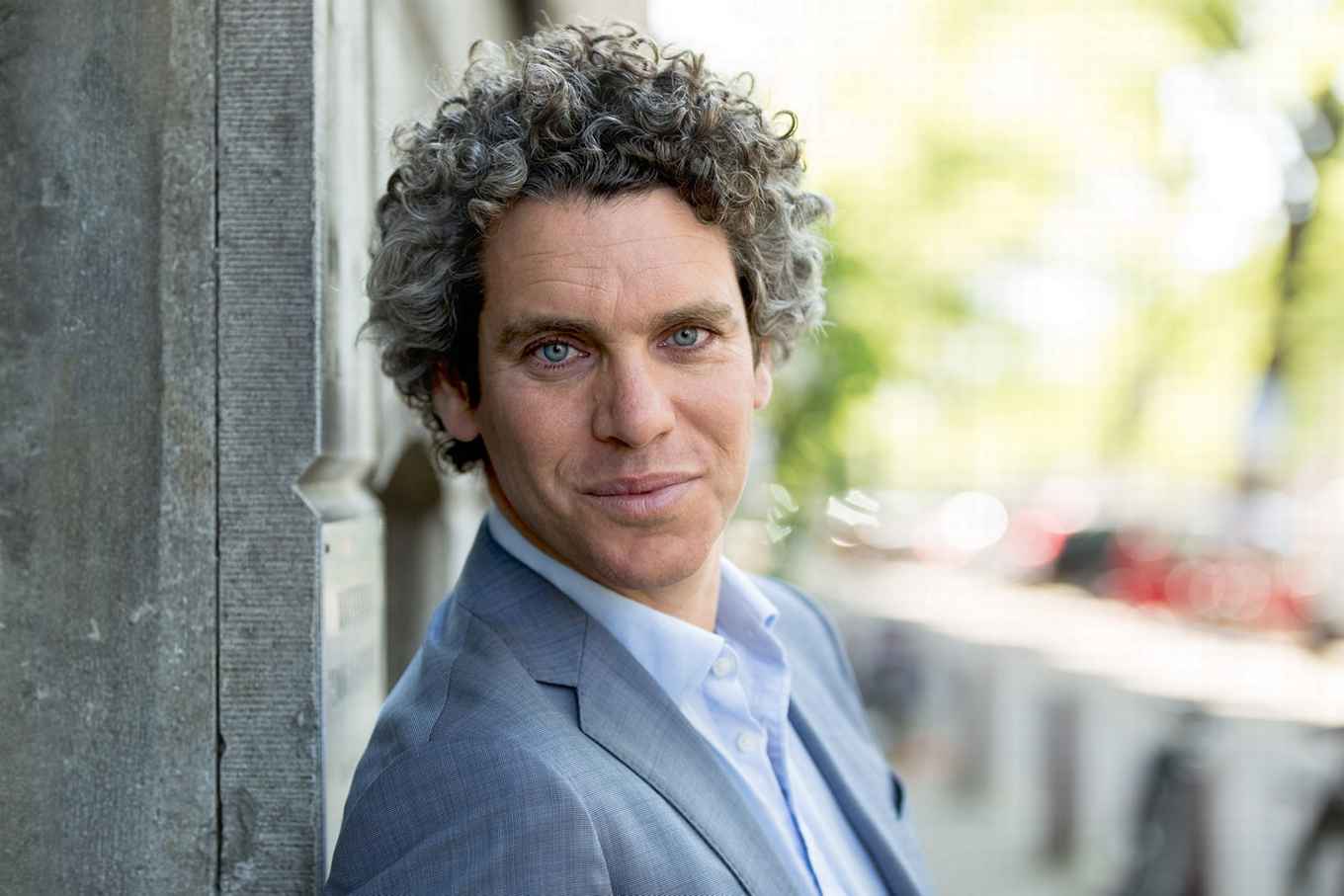Why do (and don't) people abide by the law?
22 January 2020

Wearing a seatbelt? In the nineteen seventies, most people still saw seatbelts as unnecessary. Seatbelt use didn't become more common until the government required it by law. Years later, after numerous public awareness campaigns and the installation of annoying beeper systems in cars, wearing a seatbelt finally became common practice. Benjamin van Rooij reflected on the question as to whether laws and regulations can improve human behaviour during his inaugural lecture in the Lutheran Church auditorium on 24 January 2020.
The interrelationship between laws and behaviour
Seatbelt use is a good example of a behavioural change initiated by new legislation. ‘We're constantly drafting new laws in an effort to control undesirable behaviour, but they don't necessarily work in practice,’ van Rooij explains. ‘For example, US legislators have been extremely successful in their efforts to eliminate smoking in the workplace. On the other hand, the decades-long “War on Drugs” failed to prevent the current opioid epidemic. Even the Netherlands is currently in the midst of a drug-related crime crisis that has resulted in the murder of a prominent lawyer.’
Human behaviour doesn't work the way we had previously assumed
Benjamin van Rooij is fascinated by this relationship between law and behaviour. Just last year, he received a prestigious Consolidator Grant from the European Research Council (ERC) to conduct a five-year study on the subject. Van Rooij: ‘Scientific insights on the law's influence on human behaviour have fundamentally changed over the last thirty years. Insights from the social and behavioural sciences have shown that human behaviour doesn't work the way we previously assumed. In many cases, more severe punishments aren't enough. Behaviour is highly dependent on social influences, and people are often unable to make choices on the basis of free will. There's still a long way to go before these insights are commonly accepted in our legal system.’
When do people abide by the law, and when don't they?
That leads us to the next question: in which cases do people abide by the law, and in which cases don't they? Van Rooij studies cases in which the law fails to improve behaviour, applying insights from the social sciences. For example, we now know that punishments do not always have a deterrent effect, and that harsher fines, longer prison sentences and greater liability do not necessarily change people's behaviour. As we have also learned from the social sciences, people are not always aware of the law. Furthermore, the structure of our legal system does not reflect the development of human behaviour. In many cases, people's responses to the law aren't a matter of free will: their behaviour depends on their own capabilities and capacity for good or bad behaviour.
Van Rooij: ‘These are just some of the many examples I've seen over the past few years. They are clear proof we need a better understanding of the interrelationship between laws and behaviour. In other words: the law will have to get to grips with the behavioural assumptions at the heart of our legal system. If people are unaware of the law, if legal incentives are proving less effective than is generally assumed, and if the law is overlooking feasible behaviour modification alternatives, our field needs to take that into account.’
Behavioural jurisprudence
Van Rooij advocates the development of behavioural jurisprudence. ‘If we really aim to regulate human behaviour, the law needs to have a pre-emptive effect rather than simply responding to bad behaviour after the fact. This perspective calls for an entirely different approach. Take the case of Maria Sharapova, who was suspended for doping. She had been taking a substance that was blacklisted just one month before her conviction and claimed to have been unaware of this information. Assuming this is true, her ignorance is still no excuse. However, if we look at the situation in purely practical terms, the doping guideline could only have influenced her behaviour if she was aware of its existence.’
Blinders
Van Rooij believes education can play a key role in achieving this shift. ‘First-year law students are immediately drilled to distinguish legally relevant facts from all other available information. However, that tends to give them blinders rather than a broader view of human behaviour. Legal education focuses on what the law is and should be, but fails to address its actual workings and the ways in which people respond to it.’ He adds: ‘Unlike other faculties, the UvA offers law students a compulsory first-year course on law and human behaviour.’ Van Rooij hopes the course can serve as an example to other programmes around the world, and would like to see a greater focus on law and behaviour in subsequent academic years.